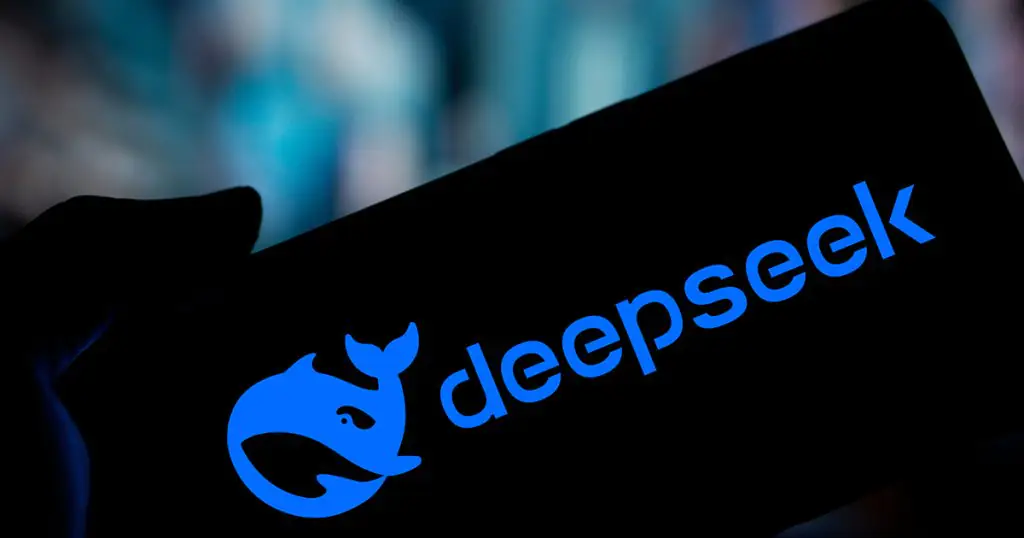6 April, 2023

Whether you are drafting contracts yourself, using a precedent you have, using legal documents you found online, or using something an AI (Artificial Intelligence) tool created for you, here are some tips for effective contract drafting.
These tips are from my perspective as a tech lawyer dealing with tech-related agreements but can apply to any kind of agreement.
The precedent or source document you start with is just that — a start. It should not be blindly used without critical review, editing, and understanding. There is as much if not more value in knowing how to turn that into a usable document as there is in the precedent or source document itself.
Issues around drafting contracts
Document drafting is both an art and a science. The drafter or reviewer needs to understand:
- the business model of the provider and the buyer;
- what the product or service does and does not do;
- how the tech works at a high level;
- how it deals with security and continuity;
- financial aspects of the arrangement;
- practical issues around how the product or service is set up and operates;
- legal issues around the product or service such as privacy, data protection, and intellectual property;
- risks associated with the product or service;
- how to best allocate those risks;
- industry standards for this type of product or service.
Once you understand all that, make sure the document is consistent.
Draft the document fairly. If it is too biased towards one party, the other may walk away, or it may result in protracted negotiations and ill will.
Less is more. Clarity is essential. Simple straightforward language is better than legalese.
Keep in mind the reason for putting the arrangement in writing, including making sure both parties agree to and understand the deal.
Keeping these tips in mind will result in better agreements and make for a less frustrating experience for those dealing with it. Far too often we review agreements that don’t match up with the product or service. It can make one wonder if the drafter or business understands what they are doing and whether the product or service is equally flawed.
David Canton is a business lawyer and trademark agent at Harrison Pensa with a practice focusing on technology, privacy law, technology companies and intellectual property. Connect with David on LinkedIn and Twitter.
Image credit: ©Maksym Dykha – stock.adobe.com





